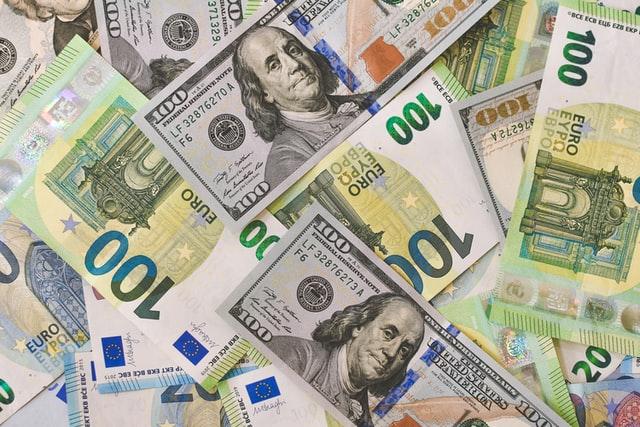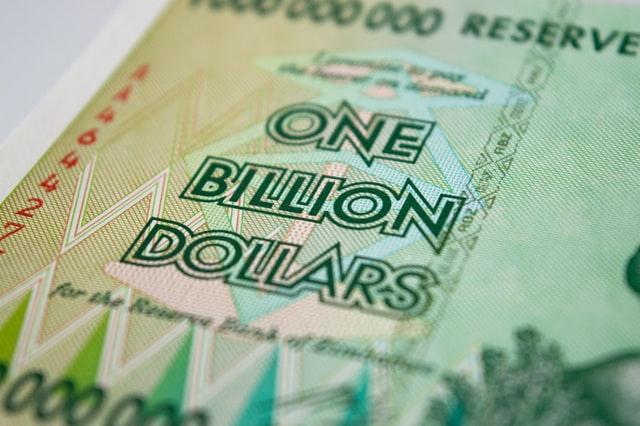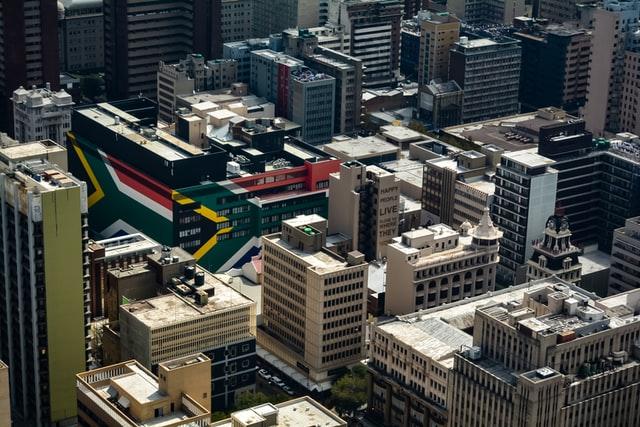The Impact of Foreign Exchange Reserves in Africa
As a continent, Africa has not experienced the same level of growth as Asia or other parts of the world. However, the region is still evolving in terms of its economies and political landscape.
There is much optimism regarding the African continent, as many African nations are emerging as serious economic players in 2021 and 2022. These countries have stable economies, solid exports, and a population that wants to learn and find its place in the world.
What many people are curious about is how foreign exchange trading can correlate to the health of economies in Africa. Are these nations impacted by the levels of their foreign exchange reserves? And if so, to what extent?
Below is a guide that explains the impact of foreign exchange reserves in Africa.
Why Do Countries Have Foreign Exchange Reserves?
Foreign exchange reserves are the funds that a country holds in other currencies, usually through its central bank. They can also be called foreign reserves or foreign currency reserves.
There are several reasons why a nation may want to hold these reserves, but the most important is that they want to manage the value of their currency.
Anytime there is an issue in a nation, and they want to bring up or lower the value of their currency, they can sell or buy foreign exchange reserves. China is an excellent example of this behavior, as they buy a lot of US dollars and hold them in their reserves when they want to bring down the value of the yuan.
African nations do not take such measures to the same extent as China, but many countries in the continent do hold reserves in dollars or euros when they want to adjust the value of their currency.
Suppose there is an issue in an African nation that results in its currency rapidly gaining or losing value. In that case, they can sell or buy foreign exchange reserves to control the currency’s value adjustment.
Maintaining Liquidity
Crisis is a common word on the African continent, especially from a political standpoint. There are countless examples of military coups, civil wars, or other conflicts that have disrupted the growth of the continent in the past 50 to 60 years.
Nations that are establishing themselves as economic players in Africa hold sizable foreign exchange reserves because they want to maintain liquidity anytime there is an issue in their country. Perhaps a significant flood or drought results in problems in producing goods to export or feed the population.
The government can step in during such circumstances by using its foreign currency to purchase the goods the nation may need. They can also use these funds to ensure they have enough foreign reserves to pay for imports, should there be a shortage of foreign currency in the nation due to an impending conflict that spooks investors from other countries.
Meeting Obligations
As is the case for most developing nations around the world, countries in Africa do borrow money at significant rates. They borrow money from the World Bank and other nations as they look to keep their economies healthy and growing.
Borrowing money in such a fashion is not an issue, provided it is paid back in the proper way. Holding foreign exchange reserves is an integral part of this process, as that is how the nation would repay its debt to the World Bank or other countries.
Having a significant foreign exchange reserve also gives confidence to governments or private investors that want to put their money in that nation, as they see that country’s central bank is taking measures to ensure economic stability.
Trading Forex in Africa
One of the most significant advantages of the forex market is that you can buy and sell currencies from anywhere. You can choose your ideal currency pairs and begin trading within minutes. All you need is a computer with an internet connection and an account with a reputable forex platform.
If you are trading forex in Africa, you may want to check your time zone and how it correlates to the time zones in the United States and Europe. Forex experts state that the best times to trade are from 12 pm to 4 pm Eastern Standard Time in the United States, as those are the times when both the London and US markets are open.














